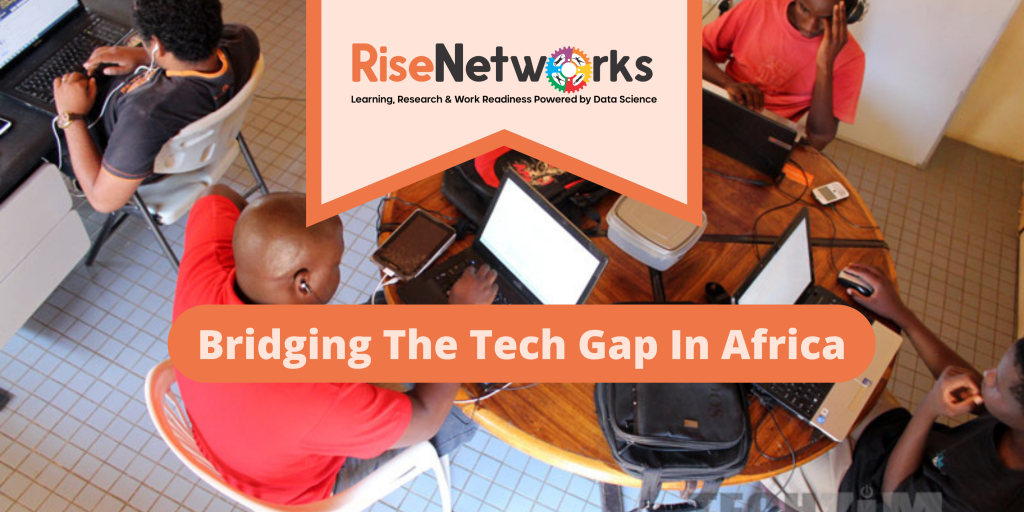The continent of Africa has the world’s youngest population. According to a study, sixty per cent of Africa’s population is under the age of twenty-five, implying that by 2100, Africa’s young population might be equal to double that of Europe.
The beautiful thing about technology is that skills can not be caged anymore by racial or regional sentiments. It’s so universal that your English might be very poor but you will you can possess exceptional skills in programming. As such, building infrastructure for the continent’s development is inextricably linked to the digital revolution that Africa is likely to see, given its youth population statistics. According to the African Union’s (AU) African Youth Charter, Africa’s youth are its most valuable resource, and the continent’s rapidly rising youth population has immense potential. This is because, in this period, a digitally oriented society will increase productivity for national development while also increasing GDP. More businesses are developing and adapting business strategies that rely heavily on the internet. The COVID-19 pandemic’s impacts have also influenced how digitally dependent global economies have become.
One of the issues impeding Africa’s development is a lack of infrastructure. Good roads, portable water, and electricity are all necessities.
As a result, people may wonder whether they should concentrate on infrastructure development or on developing economies that will drive the digital revolution agenda. The answer is that you can’t develop or improve one without improving the other. If one part is neglected, the other will become stagnant. For example, when telecommunication companies are having difficulty providing their customers with reliable services due to a lack of sustainable electricity supply, opportunities for growth in the digital space are reduced; however, modern technology can be used to improve delivery in the healthcare sector, as Ghana is doing with the delivery of life-saving medical supplies to rural areas via drones.
When looking at the statistics of Africa’s youth, it is evident that they have a critical role to play in bridging the digital gap, which is caused by reasons such as a lack of infrastructure, excessive data costs, slow internet, and the lack of current technology settings. This will create prospects for a continent where young unemployment statistics reveal that only three million of the twelve million graduates who enter the labour market each year find work.
In Africa’s most populous country Nigeria for instance, Kobo360, for example, is a smartphone app that facilitates the voyages of 6,000 truck drivers per month in Nigeria, with operations in Ghana, Kenya, and Togo, demonstrating how digital innovation can alter any sector of the economy. Nigeria, which also has Africa’s largest economy, could take a bigger bite of the global digital economy worth an estimated $11.5 trillion in 2016 by strengthening its digital infrastructure, unlocking investment, boosting skills training for its youth population, and implementing reforms to create jobs and economic diversification, according to the findings of a Digital Economy for Africa (DE4A) report.
Africa is a gold mine when it comes to the future of growth and development because there are so many untapped potentials on the continent. Coupled with the fact that it has the world’s youngest population, bridging the digital divide by the adoption of technology with modern infrastructure to create varied opportunities to reverse unemployment trends is definitely the way to go. As the impact of COVID-19 in accelerating the development of digital economies continues to see a surge, the world’s youngest continent cannot be left behind. We must reprioritize what are the important skills that African youth need, to be able to join the global digital economy.

